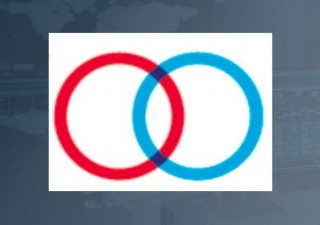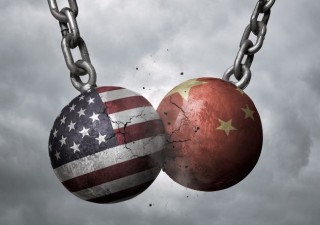Apple’s Second Win
30 August 2013

The Obama Administration has vetoed an import ban previously ordered by the United States International Trade Commission against Apple. This is the first time since 1987 that the White House has overturned a trade ban ordered by the ITC.
On June 4, 2013, the ITC reversed an earlier decision and ruled that Apple’s iPhone 4 and iPad 2 have infringed patents owned by South Korea-based Samsung Electronics and ruled that both be banned from being sold in the US market.
Only a few days after the presidential overturn – in a rather expected move – the ITC ordered an import and sales ban on Samsung as its devices infringed two of Apple patents. Products set to be banned for sales and import were not specified.
This chain of actions is widely considered Apple’s second major victory against Samsung since the two became involved in a series of worldwide legal actions since 2011 regarding smart-technology patents of both companies.
Less than a year ago, a California jury granted Apple damages of US$1.05 billion for its product design and patents being infringed by Samsung. The award was later reduced by the court, and this case is still on appeal.
Had the ban on certain Apple products not been stopped, it was to have taken effect on August 4, 2013. While the ITC, in June, called the decision “final,” a 60-day window was allowed for Presidential review after the decision was announced.
Similarly, Samsung will also have 60 days for the Obama Administration to decide if they agree with the ITC. But things might not look as bright for Samsung as they did for Apple: Observations suggest that the public policy argument Apple used as a domestic company will not be successful for Samsung.
In explaining President Obama’s veto, US Trade Representative Michael Froman said the decision was made because of “the effect on competitive conditions in the US economy and their effect on US consumers.”
“The administration is committed to promoting innovation and economic progress, including through providing adequate and effective protection and enforcement of intellectual property rights,” said Froman.
Apple issued a statement welcoming the decision, saying, “Samsung was wrong to abuse the patent system in this way.” Samsung, on the other hand, says it was disappointed and that the ITC order has correctly recognized that “Samsung has been negotiating in good faith” and “Apple remains unwilling to take a license.”
After the ITC ordered the ban against Samsung, the Korean company said it would not affect the availability of its products and that the company has already taken measures to make sure its products can be sold in the US.
Apple once again welcomed what is seen as yet another setback for Samsung. “The ITC has joined courts around the world in Japan, Korea, Germany, [the] Netherlands and California by standing up for innovation and rejecting Samsung’s blatant copying of Apple’s products,” said the company’s spokesperson.
In his letter to ITC chair Irving Williamson, Froman also expressed concern over the government’s intervention by citing a policy statement issued by the Department of Justice and United States Patent and Trademark Office in January.
He said the policy statement pointed out that potential harms can be resulted from companies using patent licensing to gain “undue leverage and engaging in ‘patent hold-up,’” and companies refusing to negotiate or pay a license royalty and engaging in “reverse holdup.”
Froman said the presidential veto does not mean Samsung is not entitled to a remedy and encouraged Samsung to “continue to pursue its rights through the courts.”






